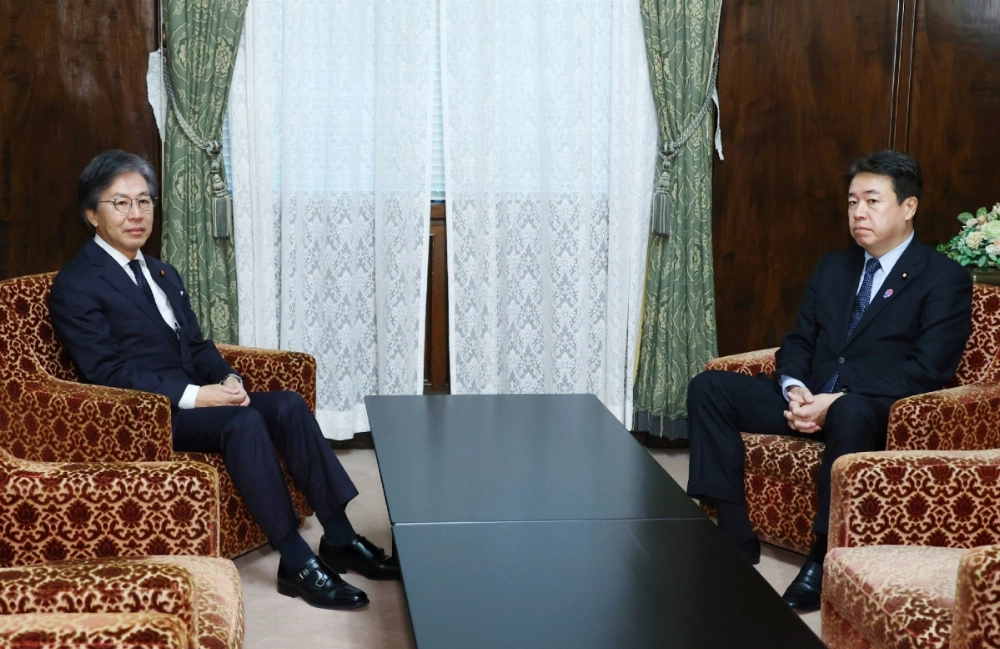Twists and turns by the administration of Prime Minister Shigeru Ishiba over a hike in medical copayment caps is expected to pave the way for an unprecedented scenario in Japan's history — a second revision of the fiscal budget.
The minority government formally initiated parliamentary procedures on Tuesday to enact a second revision of the 2025 budget in the Upper House. The first budget — submitted in late January — was approved in the Lower Chamber last week after it was amended following negotiations between the coalition and opposition parties.
On Wednesday morning, Lower House Budget Committee Jun Azumi met with his Upper House counterpart Yosuke Tsuruho to organize additional Lower House debates over the new changes and discuss the upcoming parliamentary schedule.


















With your current subscription plan you can comment on stories. However, before writing your first comment, please create a display name in the Profile section of your subscriber account page.